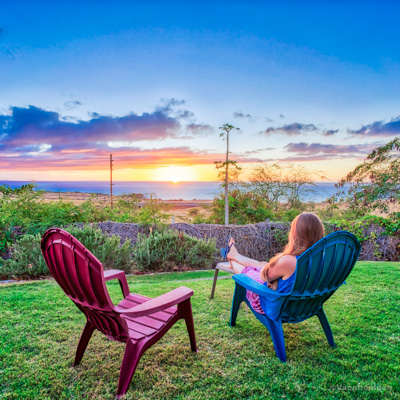Best Things to Do in Alabama

Searching for the best things to do in Alabama? Well, you are in the right place! The Heart of Dixie has an abundance of must-see attractions, and over the years (especially after we moved to the South!) I’ve found myself returning again and again to see gorgeous beaches, gardens, quirky museums and iconic spots. This is exactly why I decided to share my favourite things in Alabama so that you can use my guide as an inspiration to plan your own road trip.
If you’re traveling with kids, you’ll find fun water parks and nature trails, and if you’re craving beach time, Alabama's beaches deliver the softest sand and fantastic sunsets. There are plenty of romantic gardens, weekend getaways and fantastic restaurants for couples and solo travelers near Alabama's coast and inland too. These are my absolute best things to do in Alabama (you'll notice I'm a bit biased because I love Birmingham), all handpicked from my personal travel notes and our recent four week road trip - I hope you will love them too.
- --Places to Visit on Alabama's Gulf Coast - Best Things to Do in Mobile: #1. Church Street, #2. Fort Condé, #3. USS Alabama, #4. National Maritime Museum of the Gulf - Fairhope: #5. Fairhope Pier, #6. downtown Fairhope, #7. sunsets over Mobile Bay - Orange Beach: #8. The Wharf - #9. Fort Morgan - Dauphin Island: #10. Audubon Bird Sanctuary, #11. Alabama Aquarium - Things to do in Gulf Shores: #12. Gulf State Park Beach
- --Inland Alabama Day Trips
- Birmingham: #13. Railroad Park, #14. Birmingham Civil Rights Institute, #15. Avondale Park, #16. Vulcan Park, #17. Pepper Place, #18. Theatre District, #19. Sloss Furnaces - #20. Cat-n-Bird Winery - Decatur: #21. Wheeler National Wildlife Refuge - #22. Alabama Wildlife Center - Muscle Shoals: #23. Muscle Shoals Sound Studio - Gadsden: #24. Noccalula Falls Park - Huntsville: #25. U.S. Space and Rocket Center, #26. Huntsville Botanical Garden
What to See and Do on Alabama's Gulf Coast
If you are craving water, sunshine and rest, head to Alabama's Gulf Coast where you can spend your vacation as relaxed or as active as you like! Here are my favorite things to do along the coast.
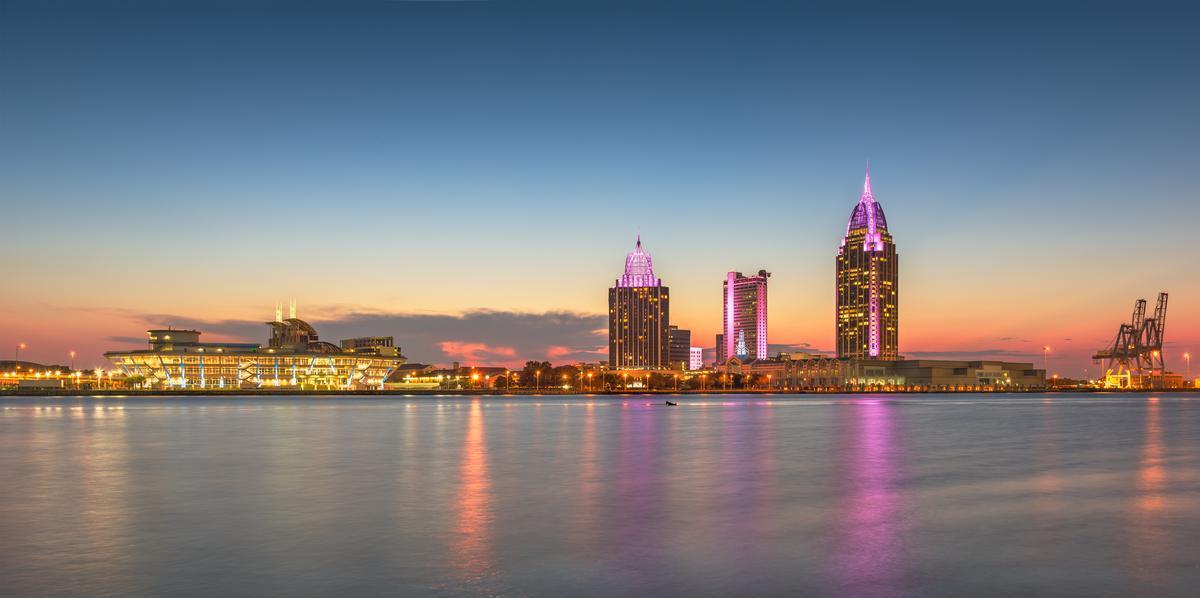
Best Things to Do in Mobile
Ahh Mobile, Alabama... a charming Southern city with deep roots, rich culture, and a personality all its own. There are heaps of amazing things to do here! Known as the birthplace of Mardi Gras (in the U.S.!), Mobile is made up of French, Spanish, British, and Southern influences but it blends them into something truly unique.
What I love most about Mobile is how alive its history feels. It was founded in 1702 (it’s one of the oldest cities in the country!) and, to me, strolling through the Church Street East Historic District as soon as we arrived felt like stepping back in time.
Just steps from the hotel, you’ll find beautifully preserved ante-bellum (pre-Civil-War) homes, oak-lined streets, and historic churches. A visit to Fort Condé (my #2 thing to do in Alabama) and the USS Alabama (#3, a real highlight for my son and right next door to our hotel!) really drives home just how important Mobile has been throughout American history.
And then there’s the food, and by food I mean amazing, mouthwatering seafood. From fresh Gulf shrimp to oysters and classic Southern comfort dishes, Mobile’s food scene is seriously underrated (I can vouch for Wintzell's Oyster House where we had the perfect family meal!)
Mobile is easy to reach, whether you’re road-tripping along the Gulf Coast or flying directly into Mobile Regional Airport. It’s also a great stop if you’re exploring nearby destinations like New Orleans or the Alabama beaches. While driving around is simple, we found an organized tour with a local guide very helpful to see the highlights (and learn local secrets!) without worrying about logistics. You really get solid local insight you might otherwise miss.
Chris, our son and I had a relaxing five day stay at the 4-star Battle House Renaissance Hotel (around $299/night).
What I loved best:
My personal highlight was exploring special children's exhibits with my son at the National Maritime Museum of the Gulf (my #4 thing to do in Alabama), followed by family lunch at the museum's Fresh Fruit Café, right on the waterfront!
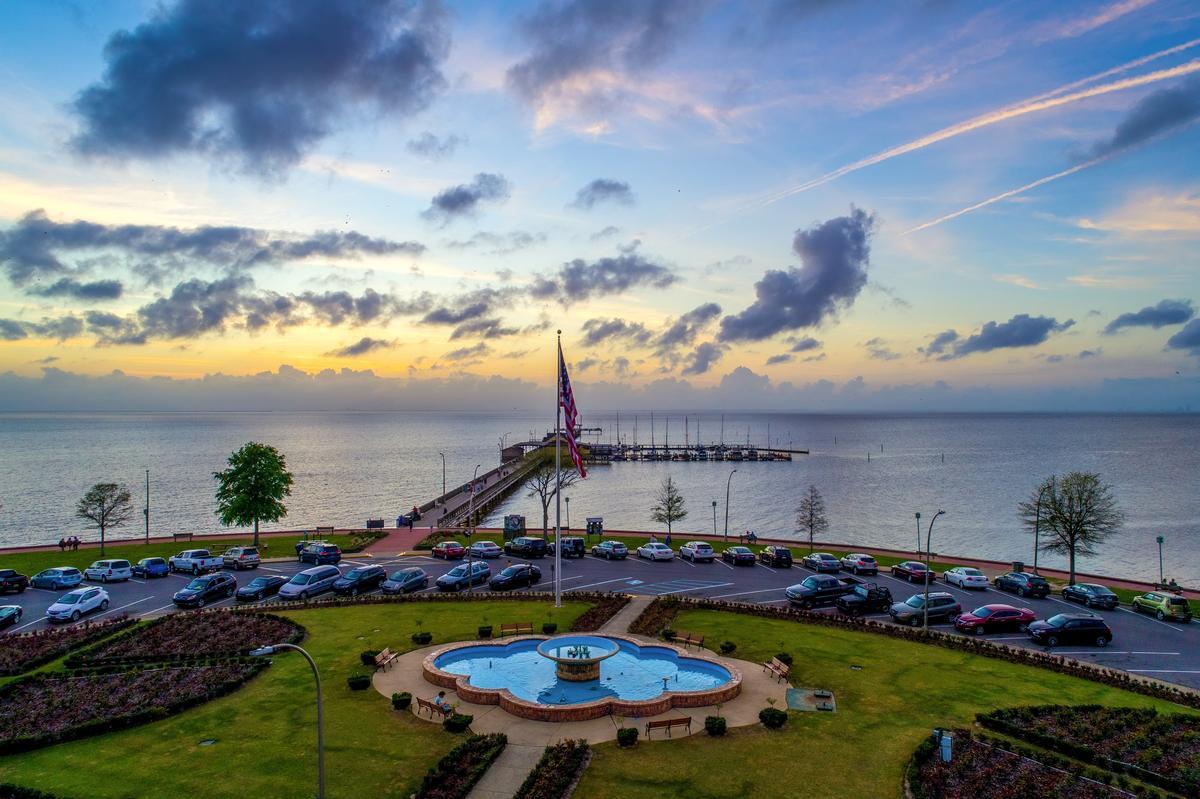
Enjoying the sunsets in Fairhope
We absolutely love Fairhope, and have been many times. This city, about 30 minutes from our previous stop in Mobile, completely charmed me, especially when we saw amazing views across Mobile Bay.
We started the day heading straight toward the Fairhope Pier, because it felt like the right place to begin. Walking out over Mobile Bay first thing, with the water calm and the air warm, immediately put us in a slower mood.
Once we were hungry, we made our way into downtown Fairhope (my #6 thing to do in Alabama). The streets were lined with flowers and little storefronts, and it all felt colorful but relaxed, not rushed at all. We grabbed lunch at a local spot and shared Southern comfort food that tasted even better because we weren’t in a hurry.
After eating, we spent a long time just walking around downtown. A quiet highlight was stopping into Fairhope Brewing Company later in the afternoon.
As the day went on, we learned a bit about Fairhope’s history and its artsy roots, which made the town feel deeper and more interesting than I expected.
What I loved best:
The sunsets over Mobile Bay were absolutely spectacular (my #7 thing to do in Alabama), my personal highlight on this part of our r trip. Chris and I stayed waited by the sunset each evening before heading to dinner back at the resort.
I think that Fairhope is one of the best day trips in Alabama but on our last trip we actually lingered for two days at 4-star Grand Hotel Golf Resort & Spa in Point Clear which was a great idea to make the trip less rushed.
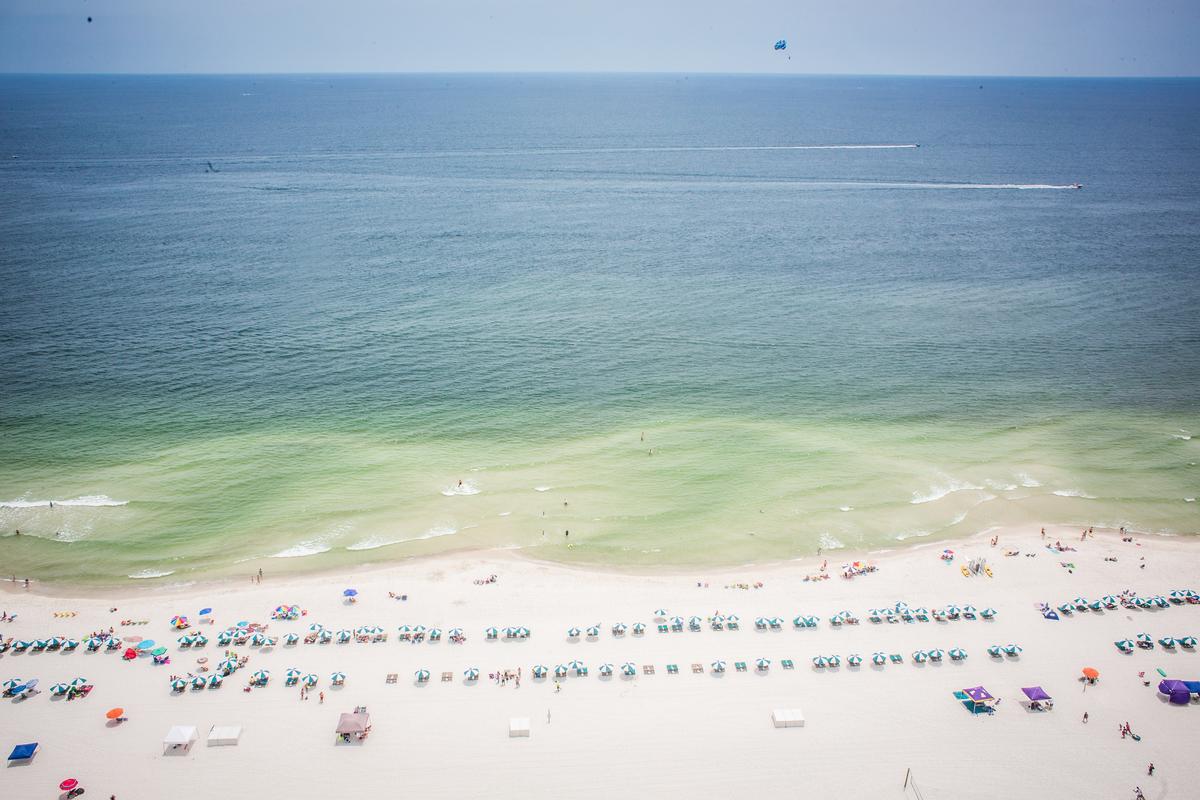
Spend time relaxing in Orange Beach
This is Alabama’s slice of the Gulf Coast and one of my favorite coastal vacation ideas. I loved that you can see sugar-white sand beaches stretch for miles... but the beach is also lively, mixing laid-back coastal vibes with endless options for fun, from dolphin cruises to music on the wharf, and even seafood shacks when you get hungry.
Mornings began at The Southern Grind Coffee House, where we were greeted with coastal décor and friendly chatter - my favorite was the caramel latte and a slice of homemade banana bread.
We spent the day on the beach at on The Wharf shopping, dining, and we even had a ride on the Ferris wheel! My favorite meal was at Fisher’s at Orange Beach Marina, where I had the Gulf red snapper ($34) and my husband enjoyed the crab claws ($22).
After an easy one hour drive from our previous stop in Fairhope, we stayed at the Perdido Beach Resort (around $155/night in low season) for a care-free week this November, right on the beach.
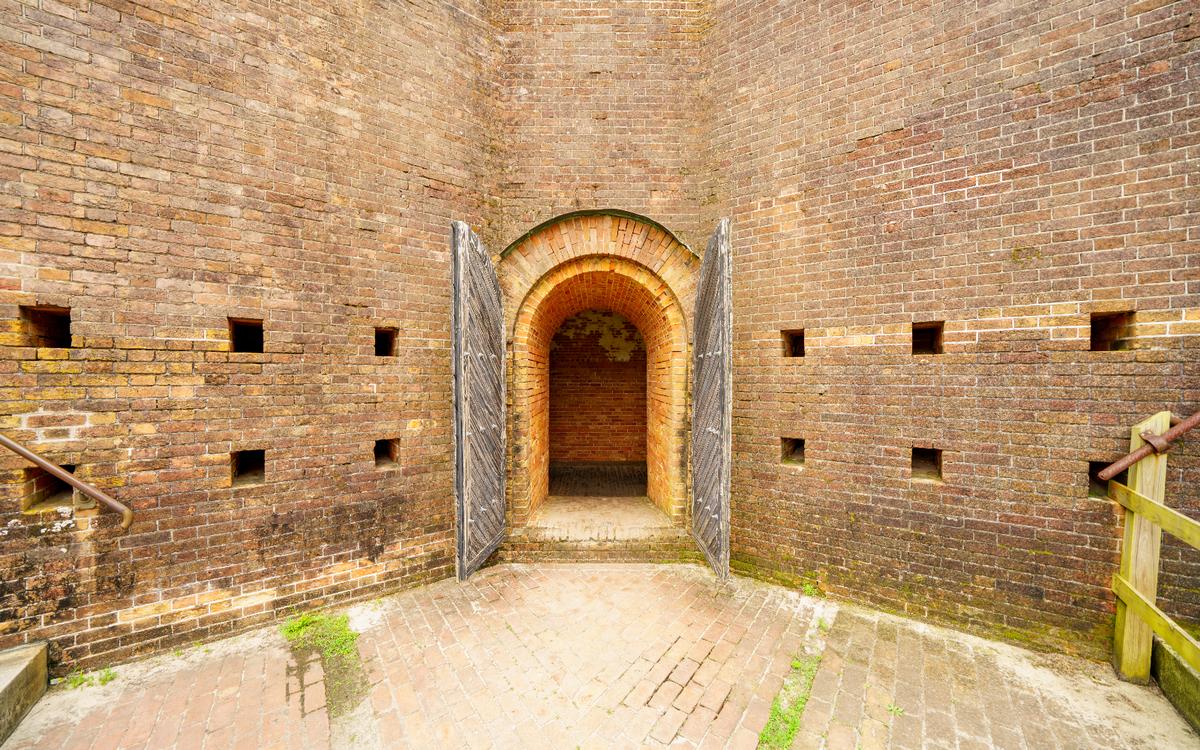
Explore Fort Morgan State Historic Site Museum
This place ($8 Adult admission) was actually an easy 42-minute day trip from Orange Beach but added so much to our vacation.
You'll find it at the tip of Alabama’s scenic Fort Morgan Peninsula. For us, it was perfect for continuing to enjoy all the coastal beauty but also add some Civil War history to our trip.
I loved learning how built in the early 1800s, the fort played a key role in the Battle of Mobile Bay.
What I loved best:
I recommend lunch at LuLu’s Gulf Shores right after, where I had amazing mahi tacos ($21).
A downside? While exploring exterior ruins and fort walls, it got very hot in the afternoon, so I recommend an early start!
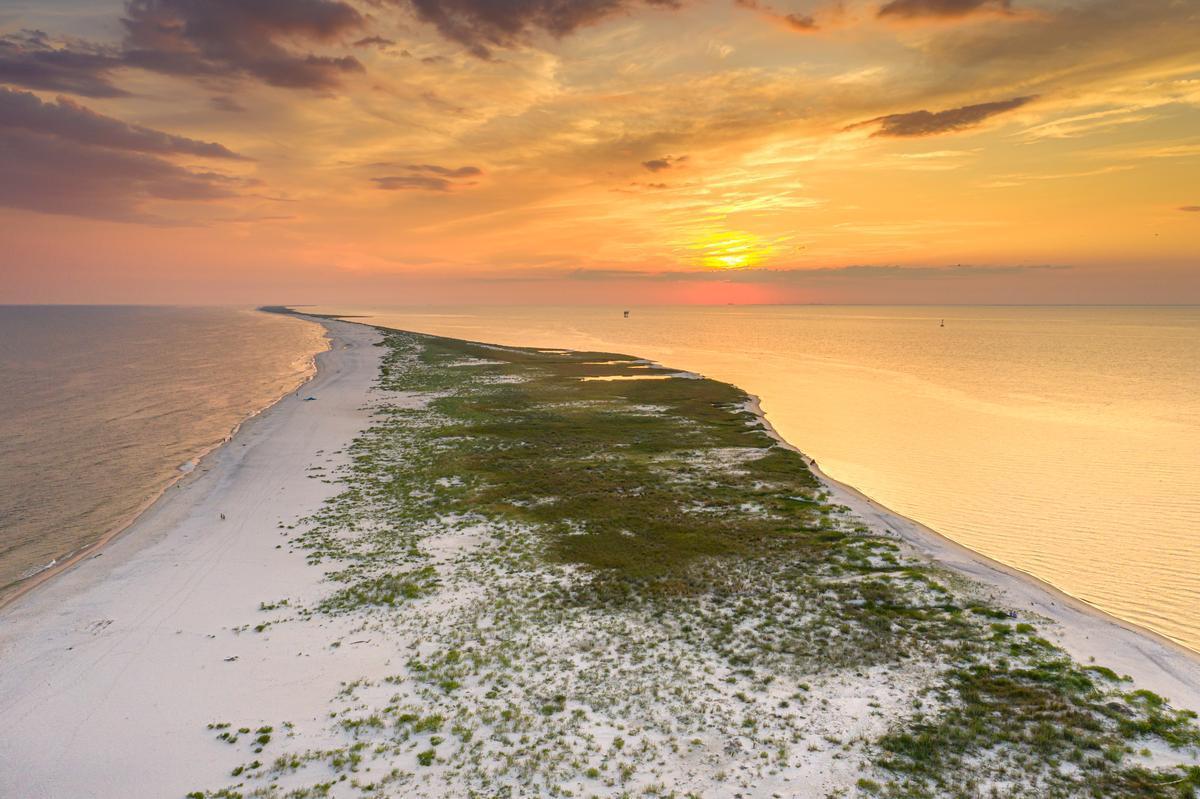
Day tripping to Dauphin Island
I thought that this island getaway was just heavenly and one of the best places we visited in Alabama on our journey. The sugar-soft white sand beaches are gorgeous and stretch on for miles. So I can guarantee that even the most picky beach goer will be impressed!
In addition, it's just a 40 minute day trip from Mobile (including a scenic drive across the bridge from mainland Alabama) which was super convenient. Once you reach this tranquil barrier island, nicknamed the "Sunset Capital of Alabama," you can explore Audubon Bird Sanctuary trails, climb atop historic Fort Gaines, bike to hidden beaches, and linger at the Dauphin Island Pier. Plus, Lighthouse Bakery is a super delicious spot for a treat after exploring.
What I loved best:
One of my favorite stops with my son was the Alabama Aquarium, a true personal highlight. Learning about the Gulf’s marine life and ecosystems made the experience even more meaningful, especially knowing how connected the island is to nature.
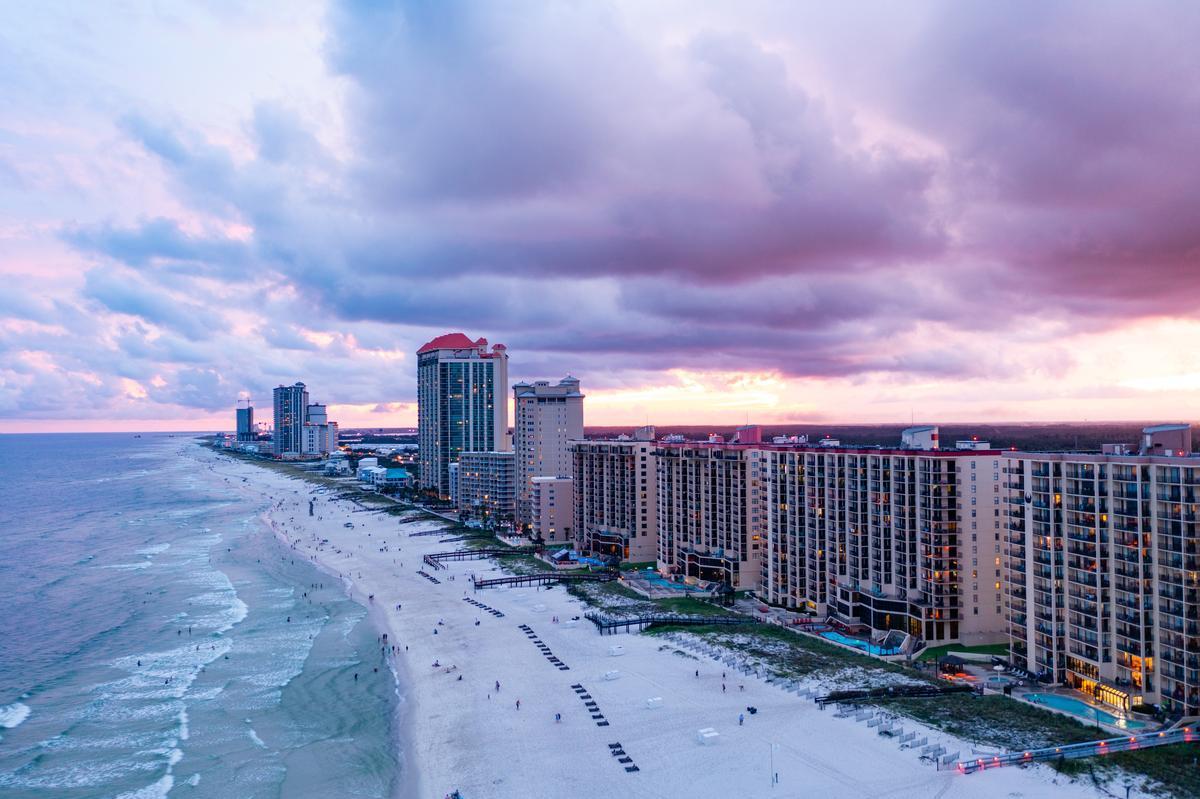
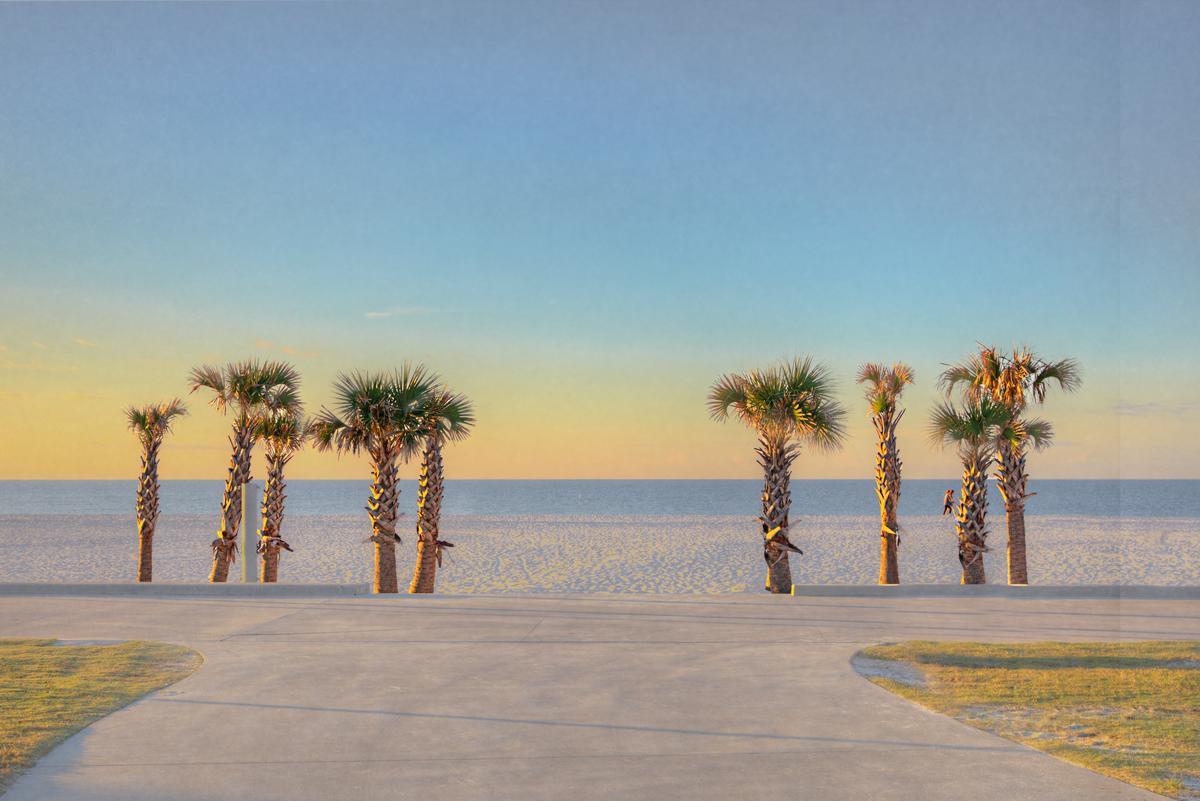
Things to do in Gulf Shores
This coastal city (just an hour from Mobile!) wowed me with its sugar-white sands, emerald Gulf waters, and an upbeat beach-town vibe when we stopped on our road trip through Alabama. From the moment we got there, I felt relaxed in this beach setting, with just the right dash of fun. Gulf Shores’s the kind of place where your family can build castles in the sand, anglers cast from piers, and live music drifts from open-air beach bars as the sun sinks under the horizon.
Days started with barefoot walks along the Gulf State Park Beach (my #12 thing to do in Alabama), followed by bike rides through its 28 miles of trails weaving past lakes and pine forests. I boarded a dolphin cruise-tour from the marina, and even sampled fresh Gulf shrimp right after we got back.
I gave myself five relaxing days at The Lodge at Gulf State Park to fully sink into the coastal rhythm here.
What I loved best:
I capped evenings with sunsets on the water, my personal highlight. We had seafood after at The Hangout, a cool local spot that lives up to its name with live music and friendly locals.
Best Inland Alabama Day Trips
Inland Alabama offers so much to explore! You can enjoy diverse attractions, including the Birmingham area for its urban attractions, Huntsville provides a mix of high-tech and outdoor activities, while Montgomery is a major destination for Civil Rights history.
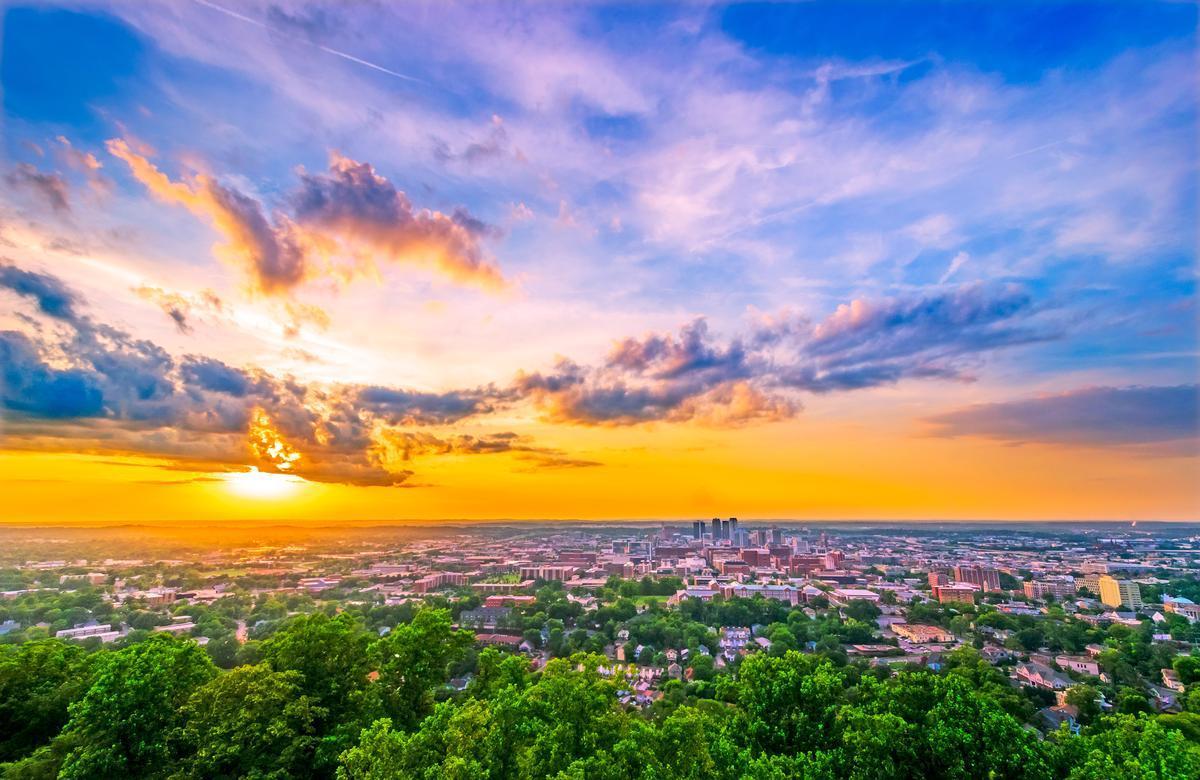
What to Do in Birmingham
Already on our first visit, this Alabama city exceeded every expectation I had (and that's why we've gone back so many times since!). In fact, if you want to explore inland Alabama on vacation, Birmingham is a great place to start (and I can vouch for it as an ideal home base for exploring beyond city limits!).
We kicked off our Birmingham weekend downtown near Railroad Park, and it already felt like the best experience with green space framed by the skyline and people everywhere.
After that we walked over to the Birmingham Civil Rights Institute, an interactive museum that takes you through the struggles and triumphs of the 1960s — walking past jail cell replicas, freedom rider buses, and multimedia exhibits left me humbled and inspired. Across the street, I paused at the historic 16th Street Baptist Church, a solemn place of remembrance that carries weight and hope.
Next up was lunch in the vibrant Avondale neighborhood, where we found one of the coolest hidden spots with barbecue that might be my favorite meal of the trip.
We spent the afternoon exploring Avondale Park itself, and it felt like a joyful, underrated place to slow down, walk, and see locals living their best life.
Later on we drove up to Vulcan Park and Museum on Red Mountain, and this was the absolute best view of the city and a spectacular photo moment you can see in my photos.
As the sun went down, we headed to Pepper Place Market area , which is such an interesting and unique district full of food, art, and creative magic.
Dinner that night was in Five Points South near UAB, and it felt exciting and romantic in a casual way, with great food that was affordable but still brilliant.
The next morning we grabbed coffee downtown and walked through the Theatre District, which felt like an unusual mix of history and modern energy.
We ended the trip at Sloss Furnaces near the city center, and this hidden industrial gem was my favorite surprise, an underrated and powerful experience that made Birmingham feel truly special.
A quick warning, though, since Birmingham has so many unique experiences, it can get overwhelming for first time visitors. That's why we like taking some of the amazing tours on offer here, from food tours to history tours. Last time we were there, we almost tried the Wild Cave Extreme Tour which might be right for you if you are into adventure.
But Birmingham isn’t only its past, it’s a vibrant present, too. One time, we caught the Steel City Smooth Jazz Festival in June.
What I loved best:
Dinner at El Barrio was a highlight for my family because we really worked up an appetite during the day. The dishes have bold Mexican flavors with a creative Southern twist, served in a colorful, artsy space that felt as lively as the city itself.
Next night, we enjoyed the soulful flavors at Eagle’s Restaurant, a Birmingham institution where the fried chicken, collard greens, and cornbread tasted like pure comfort on a plate.
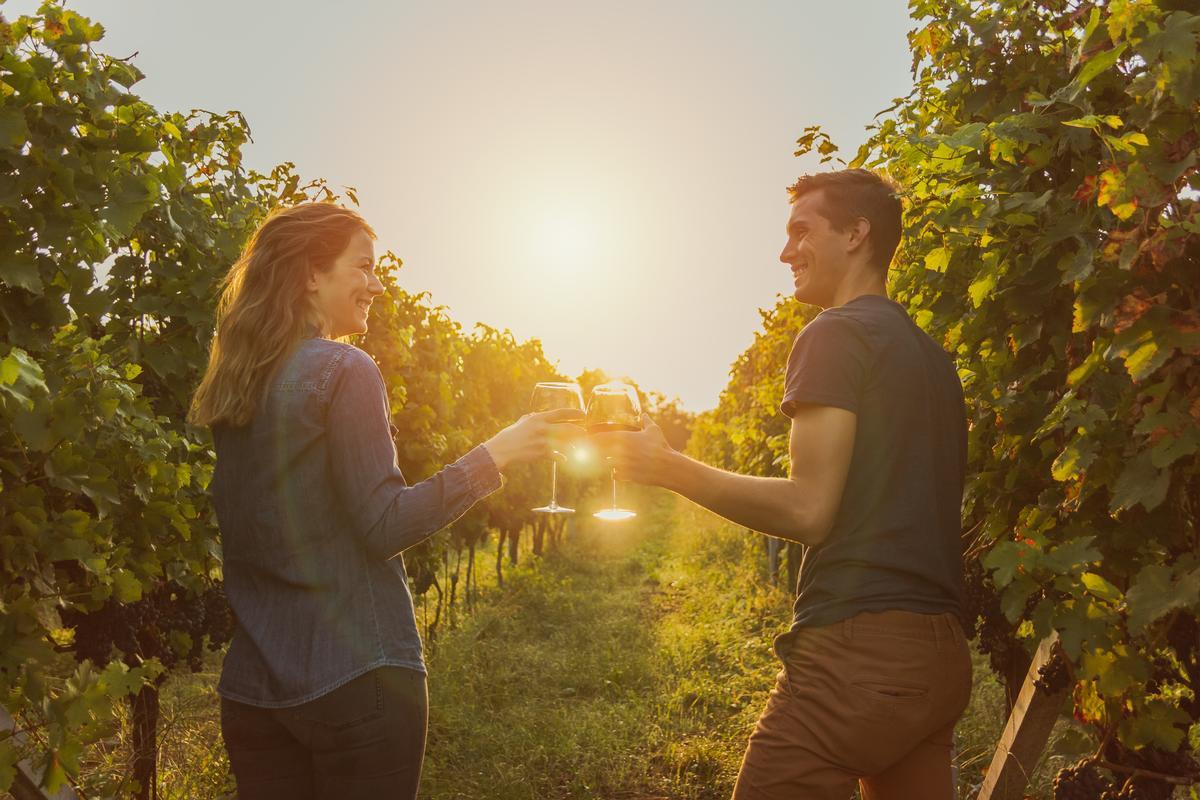
Chelsea, Alabama and Cat-n-Bird Winery
Looking for a relaxing Alabama retreat? Chelsea is such a standout. We discovered Chelsea while based in Birmingham (just 35 minutes by car!) and it felt like a hidden gem right away.
We arrived in Chelsea first thing in the morning and the small town vibe was amazing underrated magic, with cute local spots and calm streets that made it feel perfect for a romantic or family experience.
Our next stop was Cat-n-Bird Winery, which is located near Chelsea and felt like a spectacular hidden gem tucked away from everything busy.
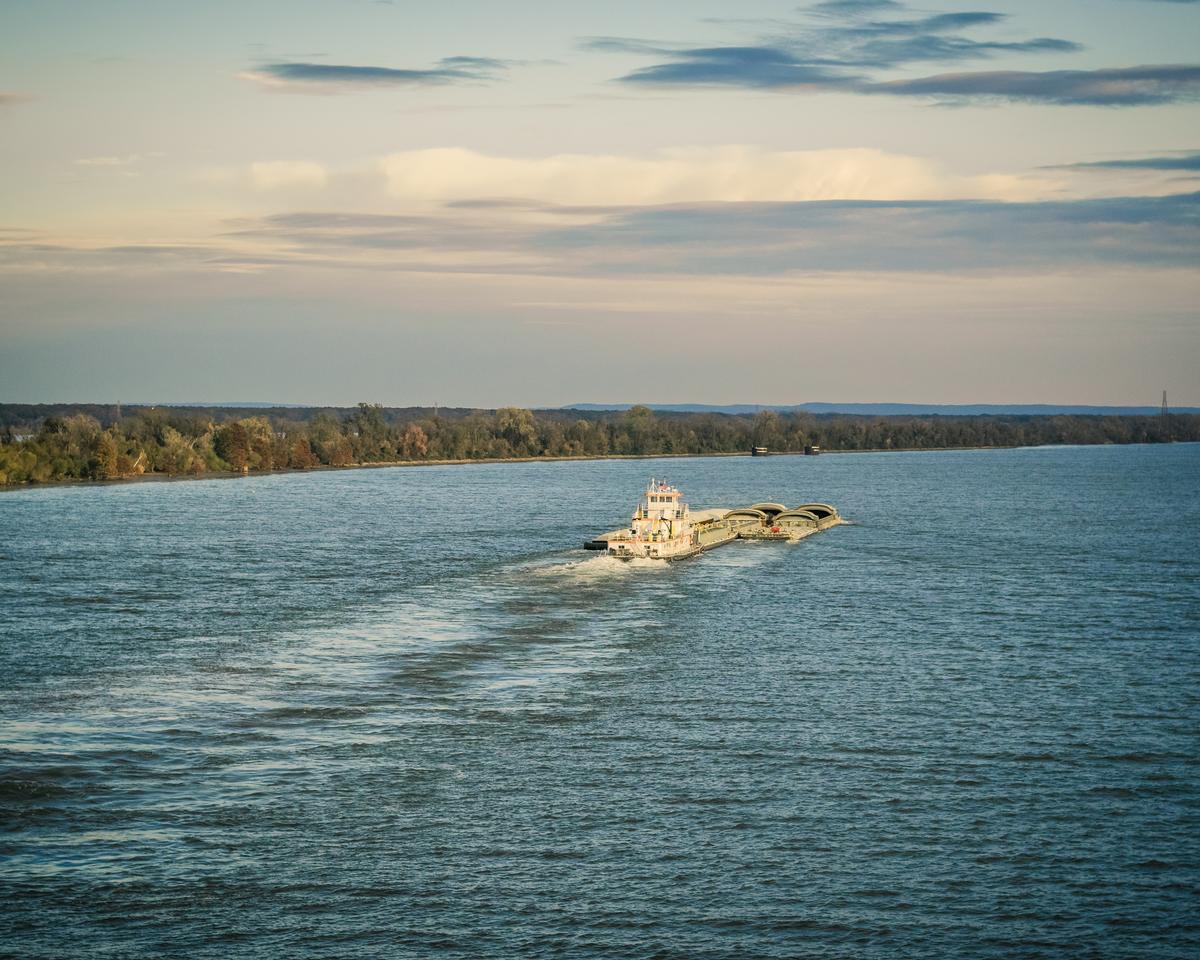
Things to Do in Decatur
If you're looking for a Northern Alabama getaway with character, this is a fantastic choice.
We started our day with coffee and pastries at High Point Market (we brought some with us for a picnic late).
My first stop was Wheeler National Wildlife Refuge, where thousands of migratory birds (from sandhill cranes to bald eagles) create a spectacular scene in winter. Evenings were best spent strolling the Tennessee Riverwalk or catching sunset views from Rhodes Ferry Park.
About 1 hour 30 minutes from Birmingham, I spent two days at the 3-star DoubleTree by Hilton Decatur Riverfront, leaning into both nature and culture.
What I loved best:
Exploring downtown was my personal highlight with restored 19th-century architecture, antique shops, and cozy cafés.
A surprise highlight was learning more about Decatur’s river history and role as a crossroads town—it gave the place a depth that made the experience feel grounded and real.
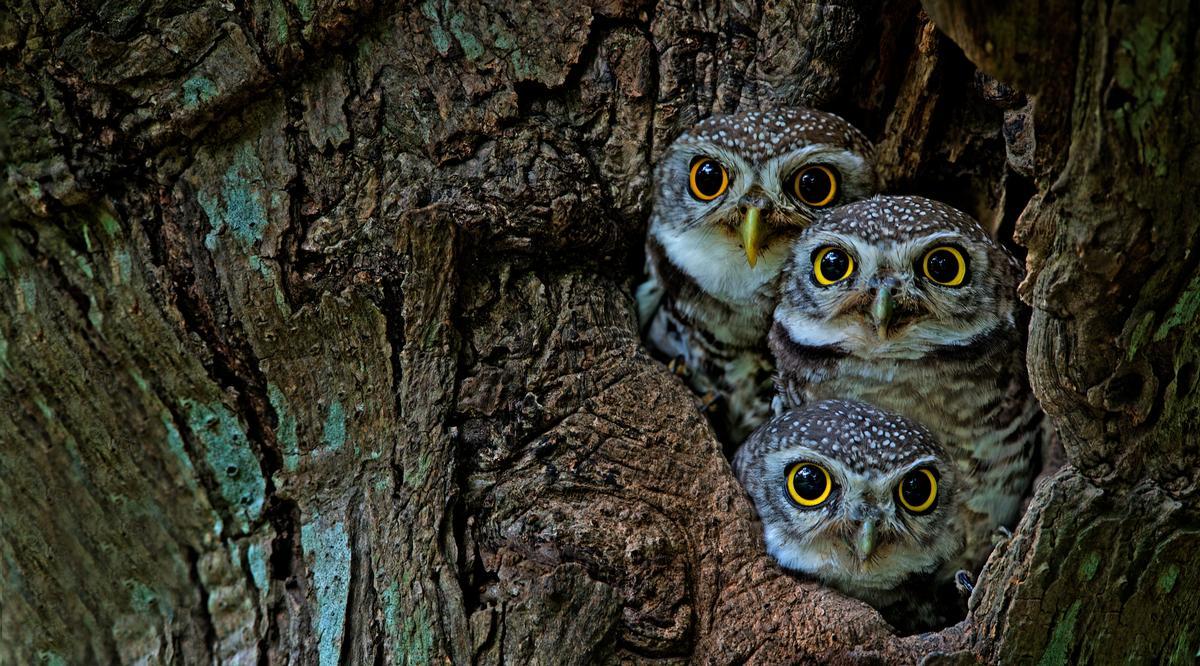
The Alabama Wildlife Center
I found out that this spot, located inside Oak Mountain State Park, is the state’s largest and oldest wildlife rehabilitation facility. Trust me, it's such a unique, fascinating place that you won't be sorry you made the trip!
Dedicated to rescuing and rehabilitating injured native birds, The Alabama Wildlife Center also offers you a chance to learn about Alabama’s diverse wildlife in a hands-on and meaningful way. That's why I thought it's one of the best things to do in Alabama.
Chris and I drove about 30 minutes down from home base in Birmingham, and loved walking along shaded trails leading to the Treetop Nature Trail, where rehabilitated raptors like hawks and owls live in spacious aviaries. The staff and volunteers bring real passion to their work, and you leave not just entertained, but more aware of the ecosystems that surround you. I recommend pairing a visit here with the surrounding Oak Mountain hiking and lake views - it made the coolest half-day trip for my family.
What I loved best:
A picnic by the park’s lake was my personal highlight.
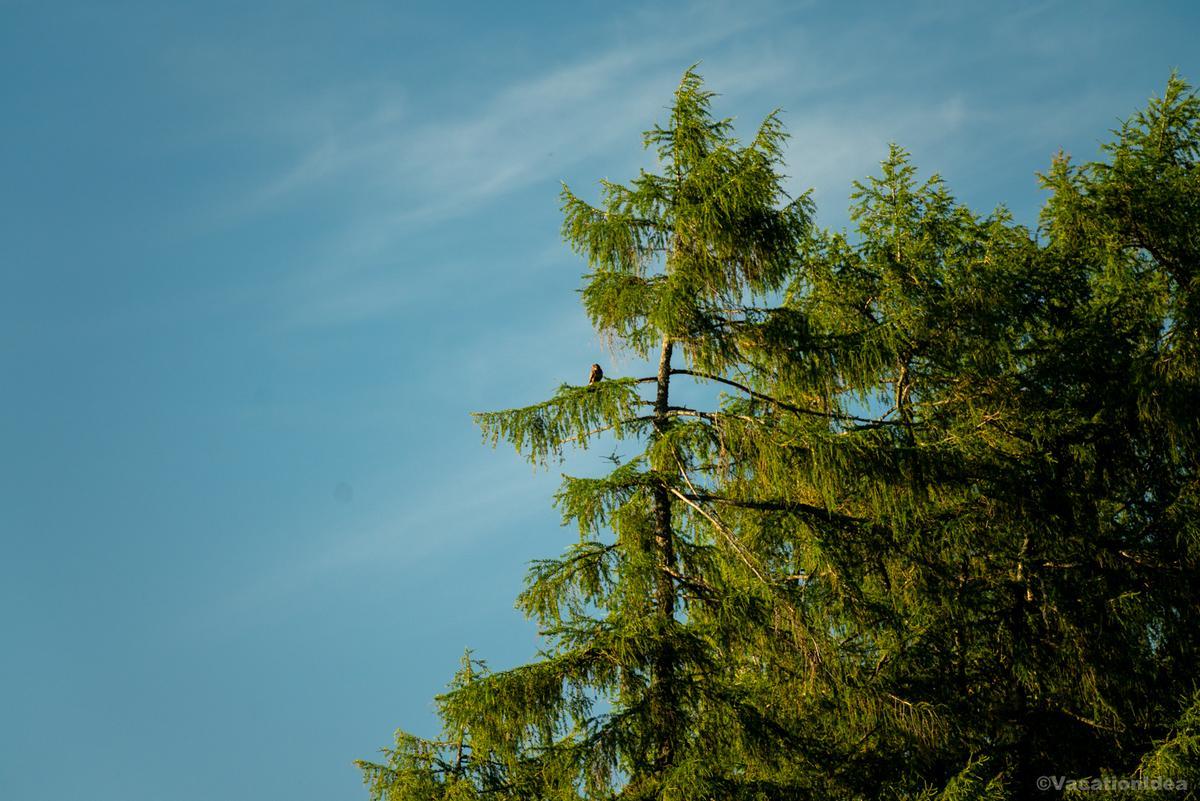
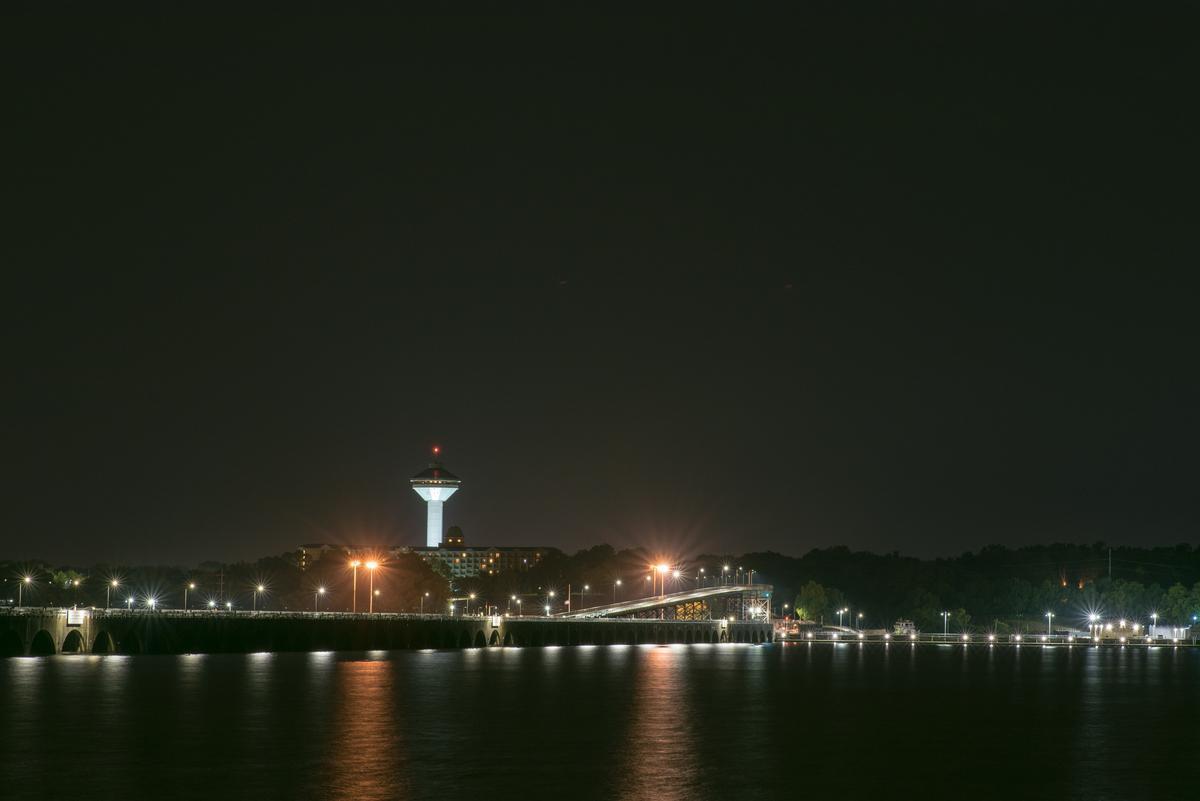
Learn about music legends in Muscle Shoals
This place along the Tennessee River in the northwest corner of the state instantly it felt like a hidden gem that most people totally overlook.
Known as the “Hit Recording Capital of the World,” this is where legendary artists like Aretha Franklin, The Rolling Stones, and Lynyrd Skynyrd cut timeless tracks, powered by the groove of the famed Muscle Shoals Rhythm Section (“The Swampers”).
First thing we did was head straight to the legendary Muscle Shoals Sound Studio, one of the absolute best experiences ever, and walking inside felt like music magic where so many iconic songs were born.
After that we drove just a few minutes away to FAME Studios, also nearby downtown Muscle Shoals, and it felt like a brilliant idea because it added even more depth to the story of this place.
By lunchtime we were starving so we grabbed an affordable but awesome meal at a local spot near Wilson Dam, and the Southern food was comforting, joyful, and perfect for a relaxed family or romantic trip.
Next we explored Wilson Dam itself, which is right on the river, and the views were spectacular and kind of unusual in the best way.
Walking along the river trails after lunch was peaceful and exciting at the same time, and it made the whole experience feel like a dream.
Later in the afternoon we wandered through downtown Muscle Shoals, checking out small shops and cafes, which felt vibrant, unique, and very welcoming.
As the sun started going down we headed toward the river again for sunset, and it was easily one of the best moments of the weekend.
My personal highlight was Southern comfort food at family-run Donna and Friends that made me feel like a local.
Next day, we toured the nearby Rosenbaum House (Alabama’s only Frank Lloyd Wright design), and explored the leafy University of North Alabama campus in Florence, AL (just a 10-minute drive).
Less than an hour's drive from Decatur brought me here, and I based myself for two days to soak in the magic at GunRunner Boutique Hotel.
What I loved best:
We ended the night just relaxing, talking about how this town is such an underrated gem that more people should visit.
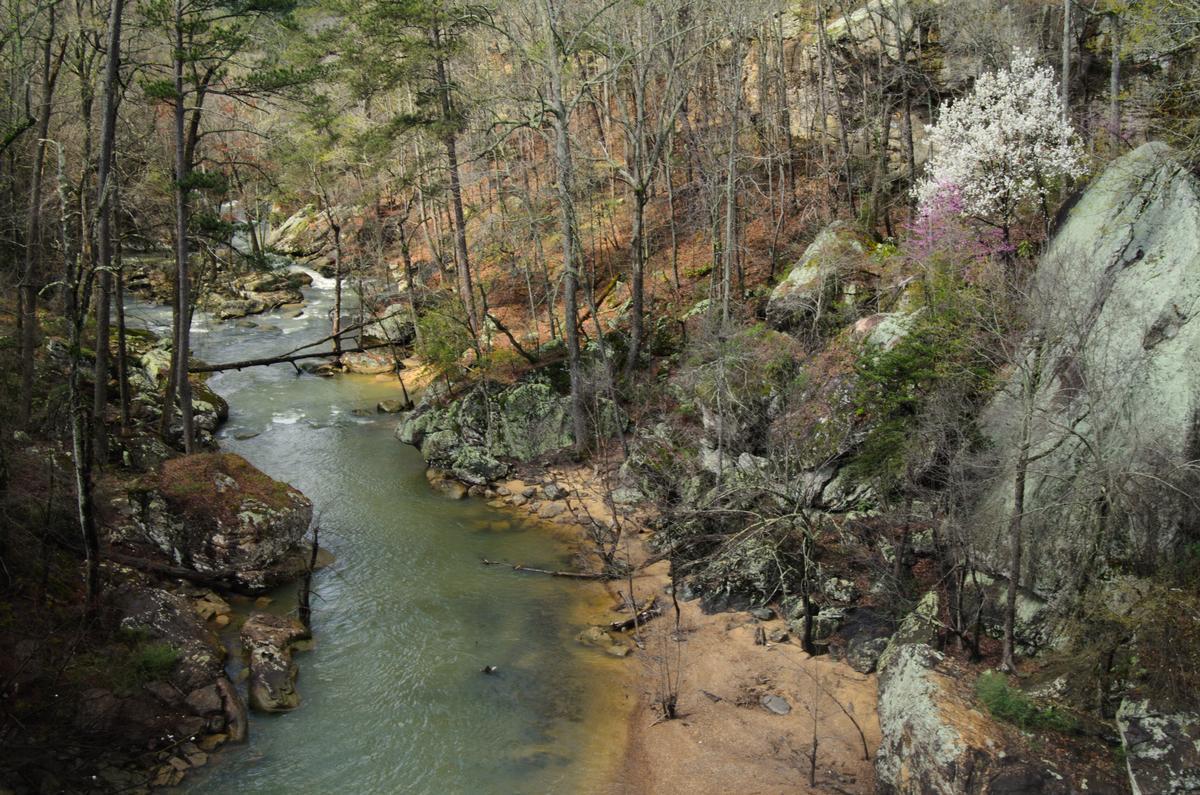
Things to Do in Gadsden
Looking for natural beauty and small-town charm on the Coosa River? I always think of Gadsden, one of my favorite places to visit in the South. After decades of travel writing, I’ve found few places that mix waterfalls, riverside views, and quiet streets quite like this northeastern Alabama gem, one of my favorites!
My first stop was the iconic Noccalula Falls Park, where a 90-foot waterfall plunges into a lush gorge... the walking trails and botanical gardens around it made for a perfect afternoon. I kayaked along the Coosa River, browsed the antique shops downtown, and tucked into comfort food at family-owned diners that completely won me over.
We drove 2 hours 20 minutes from Florence to Gadsden and I spent two days at the 3-star Hampton Inn Gadsden, balancing adventure with relaxation.
What I loved best:
Evenings brought riverside strolls and that soothing sound of water everywhere, a personal highlight.
Best Things to Do in Huntsville
Huntsville is one of my favorite road trip stops in Alabama. There are many amazing things to see here, but these two are my absolute favorite:
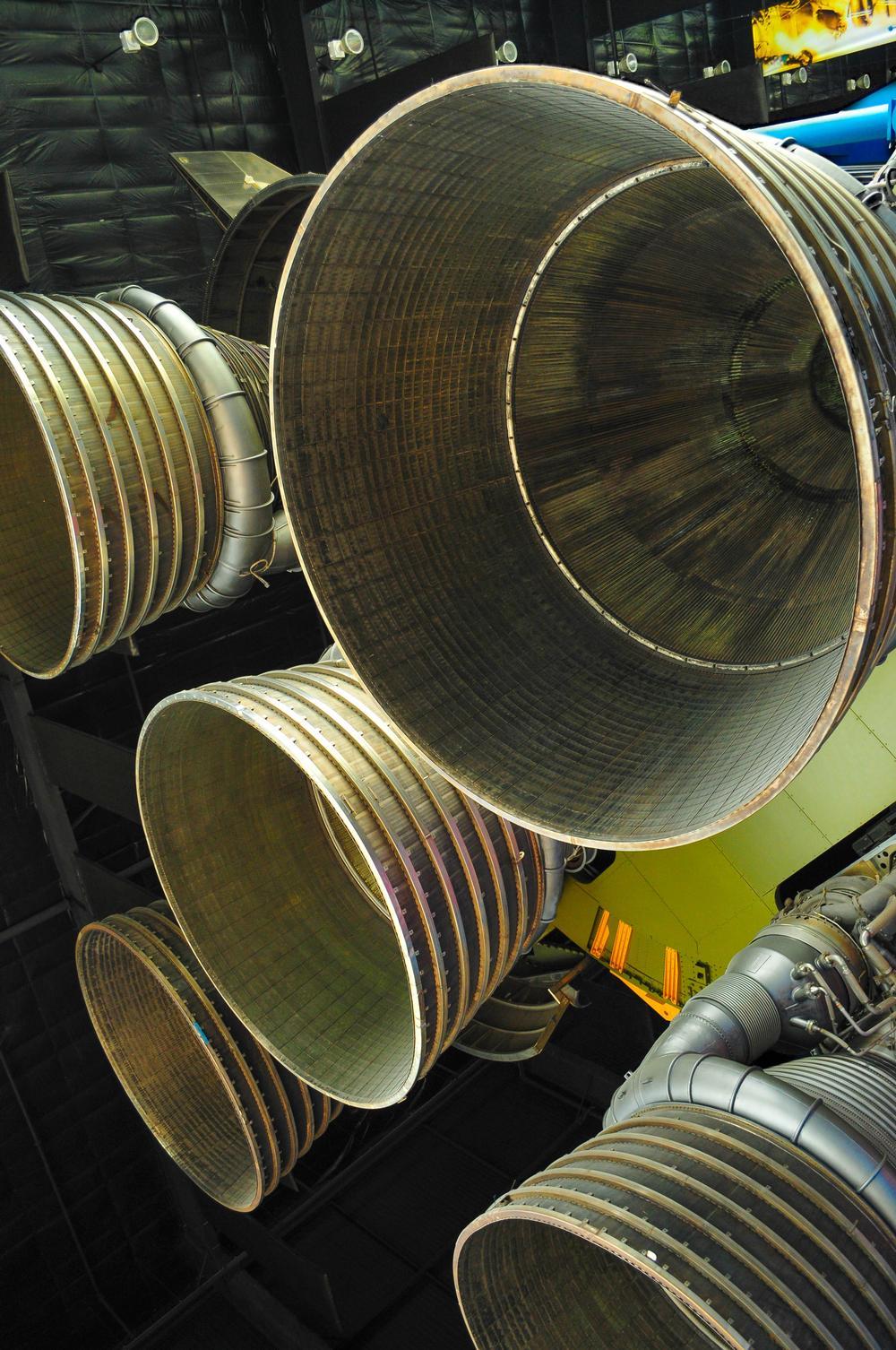
Learn about space exploration at U.S. Space and Rocket Center
I thought this was the one coolest things to do in Alabama when I moved to the South, and it's for sure as close as most of us will ever get to walking among the stars. Known as the “Earth’s largest space museum,” my husband, son and I had a chance to admire real rockets, various spacecraft, and check out interactive exhibits for hours!
Standing beneath the towering Saturn V rocket inside the Davidson Center for Space Exploration feels extremely awe-inspiring! In addition, we enjoyed hands-on simulators, and astronaut training experiences, and what I loved best was that here you’ve got something that feels part museum, part adventure.
We stayed at the Element Huntsville, just 10 minutes from the center, which made it easy to explore the museum during the day and enjoy Huntsville’s dining scene at night after. My favorite meal was at Commerce Kitchen, where I had shrimp & grits ($24). It felt like Southern comfort food with a modern twist.
What I loved best:
My favorite highlight was tour the Apollo 16 capsule as well as real lunar artifacts.
A downside? The additional cost for Space Camp programs, simulator rides, or special exhibits can be quite expensive.
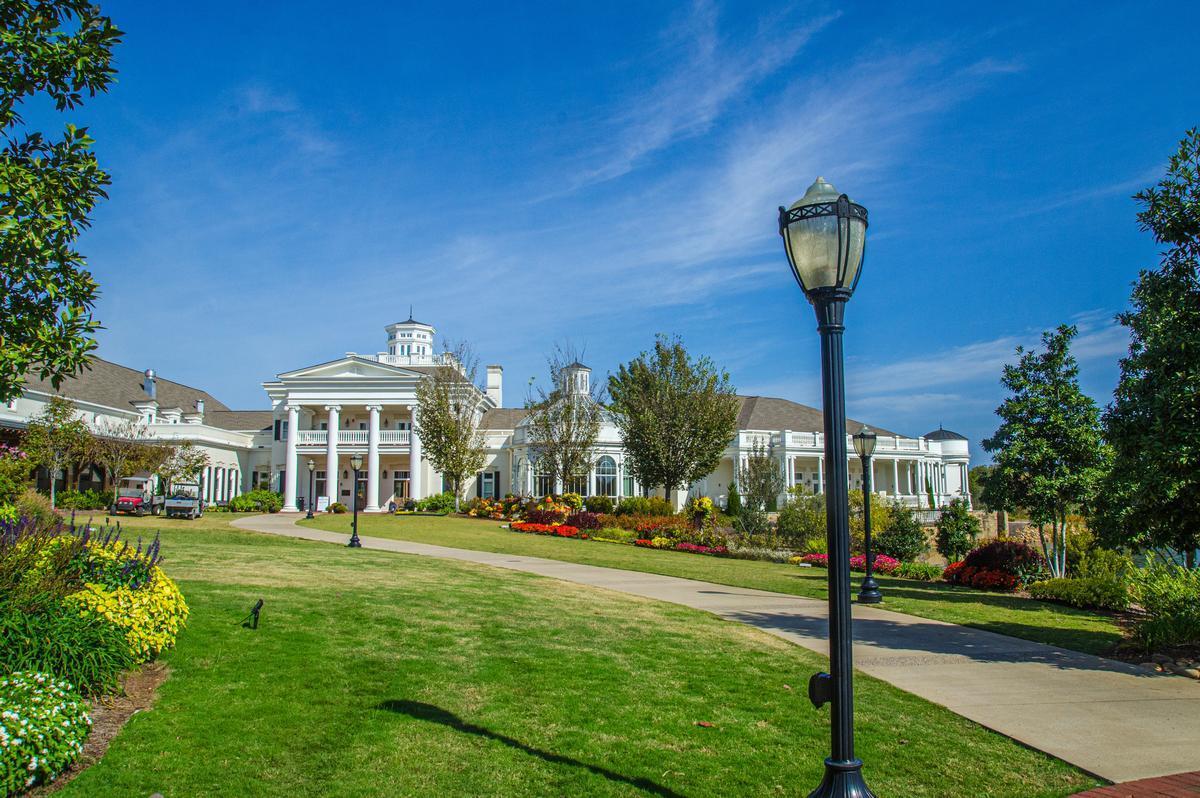
Go for a romantic stroll through Huntsville Botanical Garden
If you are a garden lover like me, you'll not want to miss this lush, 118-acre oasis that feels like a living celebration of the seasons! We adored the themed gardens (I spent over an hour with my son in interactive children’s areas). In addition, there were so many romantic corners as well (especially in the Japanese Garden), inviting you to stroll and taking in the colors and the scents.
I recommend staying for a few days in Huntsville like we did, and combining your visit to Huntsville Botanical Garden with seeing U.S. Space and Rocket Center.
What I loved best:
For me, Huntsville Botanical Garden is one of the best things to do in Alabama because it's romantic and unique!
Seeing the nation’s largest open-air butterfly house was my personal highlight.
Lunch at the on-site Bistro was also amazing!
A downside? Some attractions like the butterfly house are seasonal (May through September is peak butterfly season).
Booking Checklist
1. Book Your Flight - I use Expedia because I like their mobile app with my itinerary. They've helped me re-book flights on many occasions. Once you reach their Gold tier, support is especially good.
2. Book Your Hotel - I use Booking.com or Expedia, depending on my destination.
3. Book Your Rental Car - I use Expedia.
4. Book your tours on Viator or Get Your Guide.
5. If you are planning to visit more than three national parks in the next 12 months, we've found that buying the America the Beautiful Pass is cost effective.
